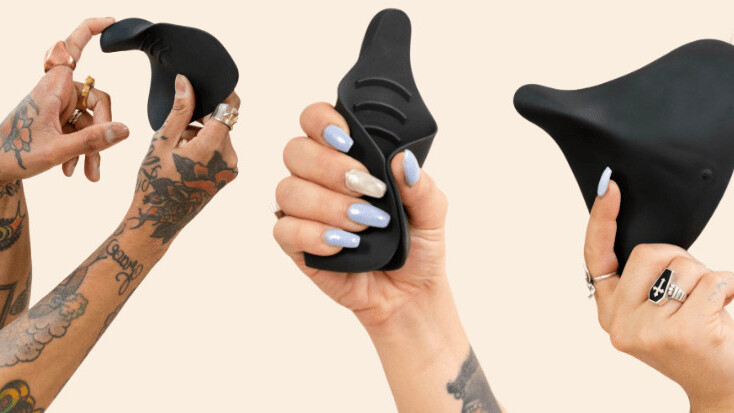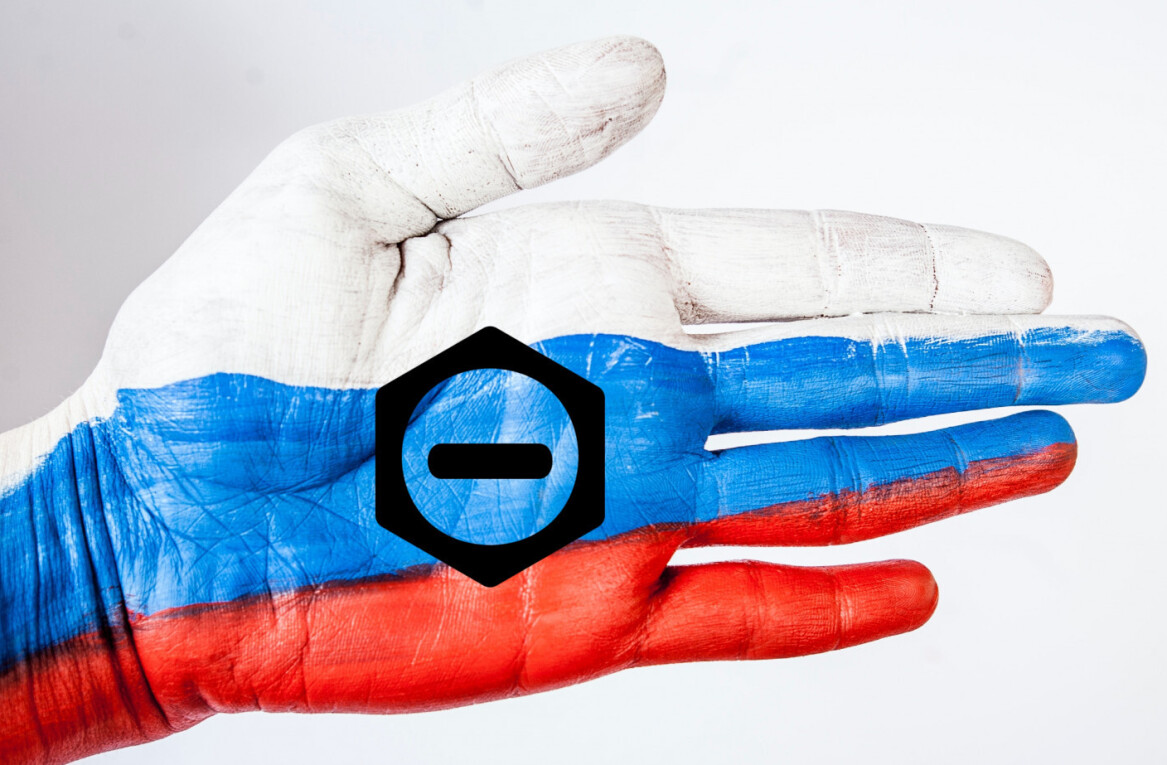
Throughout history, the sex toy industry has been traditionally dominated by men. The lack of female and non-binary influence in the design of sex toys has led to the idea that it’s a simple game of “one-size-fits-all,” which obviously isn’t the case.
But now, in light of an increased cultural awareness of non-binary gender identities, innovative sex toy designs are making pleasure more accessible for everyone. One company striving to make the sex toy industry more inclusive is Wild Flower, a non-binary sex toy retailer and digital community providing sex education to those who have been overlooked by the adult industry.
Founded by Amy Boyajian and Nick Boyajian, Wild Flower recently released its first sex toy for all genders called, Enby. The idea came after a close friend had gone through bottom gender affirmation surgery and could no longer use typically gendered sex toys.
“She told us she had to get an entire new set of toys for her changing body. This was a big moment for us – we realized we wanted to create a toy that could take you through all stages of life, no matter your anatomy or identity,” Amy Boyajian told TNW.
When sex toys became popular in the ‘70s, they were made to look like penises, something the industry assumed women, in particular, wanted to use. They were typically flesh colored and focused more on penetration than stimulation, something that’s a focus for female and non-binary-led companies.
“For years, the industry has been led and populated with toys that are meant to cater to men’s needs and their ideas of ‘pleasure,’” Amy said. Despite the popularization of sex toys some 50 years ago, to this day, sex and sexual pleasure is still shrouded in stigma.
“There’s still very little consideration around the needs of everyone, and everyone’s body,” Amy said. “So many sex toy names, product descriptions, and marketing images are filled with gendered language and stereotypes.”
But Wild Flower is challenging the sex toy industry to look beyond these tropes and speak to all people when sharing their products. “Enby is non-binary because it’s not strictly made to be used for one type of body or identity,” Amy said. “Our goal is to allow people of all genders, sexualities, and anatomies to easily enjoy what Enby has to offer — it can be humped, rubbed on, tucked in a harness, or placed between bodies to offer stimulation in all the right places.”
But Wild Flower, and other positive sex companies alike, don’t just face stigma in the industry, they face strict censorship from advertising giants like Facebook and Instagram.
Since Wild Flower launched, in 2017, the founders have struggled to promote their services and products. “Waves of our content has been taken down — it’s usually images of people of color and other marginalized folks,” Nick said. “Lately, it seems like Instagram is being especially tough on sexual health and education pages, particularly those run by, and featuring, queer people and POC. To find us, you have to type our entire name into the search bar (and even then we’ll be low down in the results), and we almost never show up on Instagram’s ‘explore’ section.”
Although most sex education and adult companies strictly adhere to Instagram and Facebook’s guidelines on nudity and sexual content, Nick argues that the community guidelines are kept purposefully ambiguous “allowing for them to be implemented on a whim.”
According to Nick, Instagram individually review every piece of content on its platform. Instead, the social channel relies on its users to report content they believe violates the policies. “Unfortunately, within Instagram’s general user base, there’s still a huge amount of phobia around sex, especially non-cis-hetero sex, so we are very often reported even when we haven’t violated the guidelines at all,” Nick explained.
The censorship restrictions imposed by social platforms such as Instagram act as yet another hurdle that non-binary centric tech companies like Wild Flower have to face. But Nick and Amy are determined to reshape the industry: “We hope that Enby will lead the way in expanding the sex toy industry — we think it already has, but there is still a lot of work to be done.”
Like this article and want to see more like it? We have a monthly feminist tech newsletter called “Byte Me” — subscribe here.
Get the TNW newsletter
Get the most important tech news in your inbox each week.





